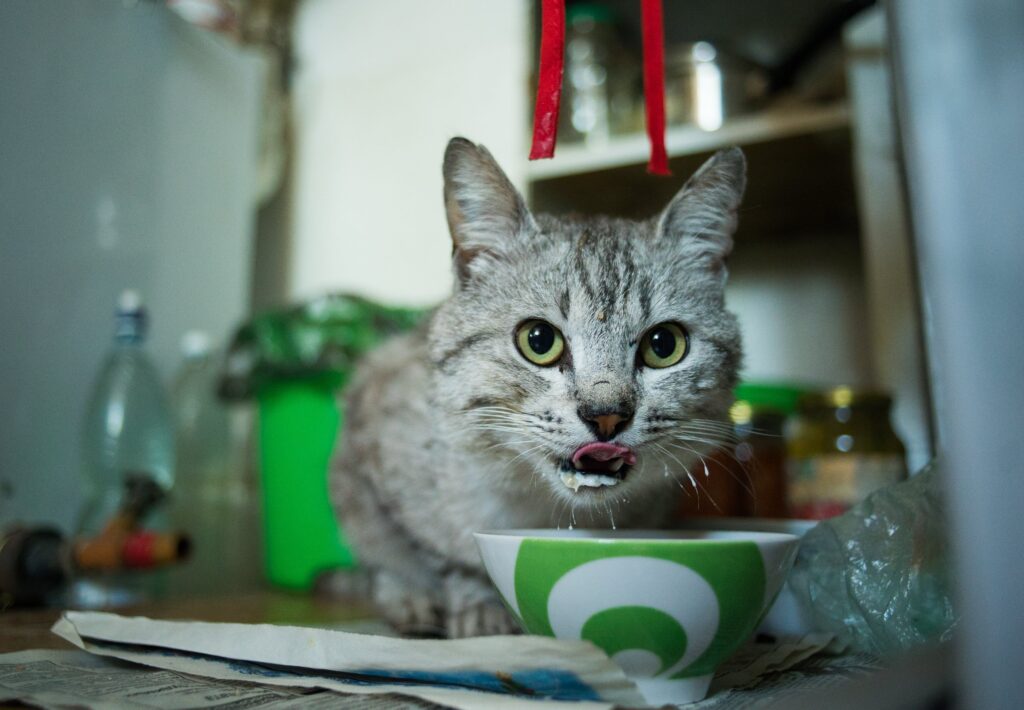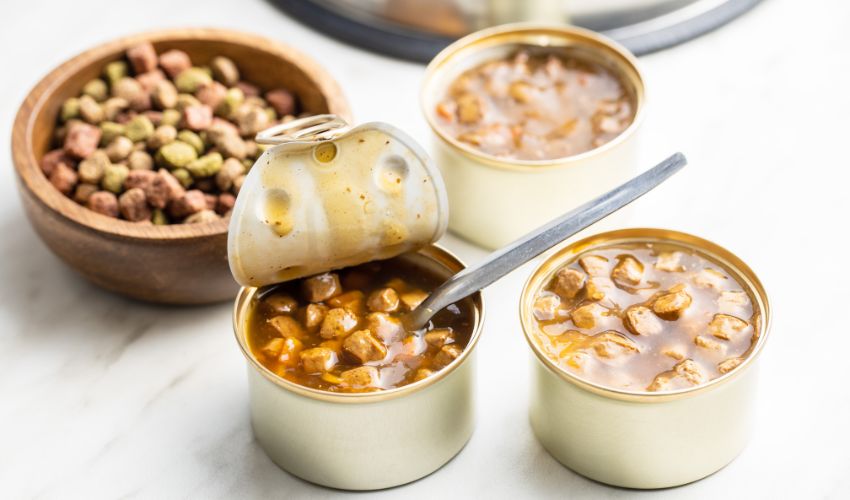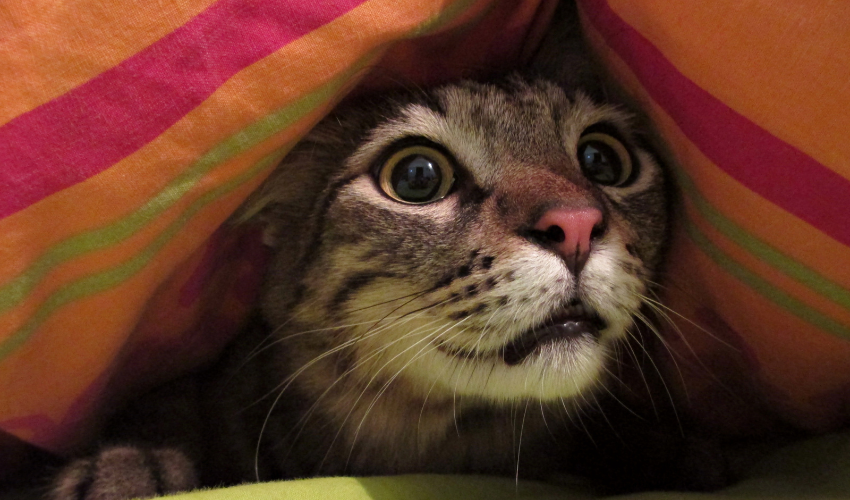As cat owners, we want the best for our feline companions. One of the fundamental ways to ensure their well-being and longevity is by providing a balanced and nutritious diet. Crafting a healthy diet plan for your cat involves more than just offering their favorite treats. In this comprehensive guide, we’ll explore essential nutrition tips to create a diet that supports your cat’s overall health and vitality.
Understanding Your Tabby’s Nutritional Needs
Before diving into specific tips, it’s crucial to understand the unique nutritional requirements of cats. Cats are obligate carnivores, meaning their diet primarily consists of meat. Unlike omnivores, such as dogs, cats have specific dietary needs that must be met to maintain optimal health.
1. Protein:
Cats require a higher protein intake than many other animals. Protein is essential for muscle development, maintenance, and overall body function. Look for cat food with high-quality animal-based protein sources.
2. Fats:
Fats are a concentrated energy source for cats. They play a crucial role in maintaining healthy skin and a glossy coat. Opt for cat foods that include healthy fats such as omega-3 and omega-6 fatty acids.
3. Carbohydrates:
While cats don’t need carbohydrates in large amounts, they can benefit from small amounts of complex carbohydrates for energy. However, an excessive reliance on carbohydrates is not ideal for a cat’s diet.
4. Vitamins and Minerals:
Essential vitamins and minerals, including vitamin A, vitamin D, calcium, and phosphorus, are vital for a cat’s overall health. A well-balanced cat food should provide these nutrients in the correct proportions.
Tips for Creating a Healthy Diet Plan for Your Cat
1. Choose High-Quality Commercial Cat Food:
High-quality commercial cat food is formulated to meet the nutritional needs of cats. Look for brands that list a high-quality source of animal protein as the first ingredient. Avoid foods with excessive fillers and artificial additives.
2. Consider Your Cat’s Life Stage:
Cats have different nutritional requirements at various life stages. Kitten food is designed to support growth, while senior cat food may focus on joint health and weight management. Choose a cat food formula that aligns with your cat’s age and life stage.
3. Provide a Balanced Diet:
A balanced diet includes a mix of protein, fats, carbohydrates, vitamins, and minerals. While it might be tempting to create homemade cat food, achieving a truly balanced diet can be challenging. Consult your veterinarian before making any drastic dietary changes.
4. Monitor Portion Sizes:
Obesity is a common health issue in cats and can lead to various problems, including diabetes and joint issues. Monitor portion sizes and adjust as needed to maintain a healthy weight. Your veterinarian can provide guidance on the appropriate amount of food for your cat.
5. Ensure Adequate Hydration:
Cats may not be naturally inclined to drink water, so it’s essential to ensure they receive adequate hydration through their diet. Wet cat food or a combination of wet and dry food can contribute to their overall water intake.
6. Rotate Protein Sources:
Offering a variety of protein sources can help ensure your cat receives a range of essential nutrients. Rotate between high-quality meats such as chicken, turkey, and fish to provide a diverse array of amino acids.
7. Avoid Harmful Foods:
Some human foods are toxic to cats, including onions, garlic, chocolate, and caffeine. Ensure your cat doesn’t have access to these harmful substances. Additionally, be cautious with dairy products, as some cats are lactose intolerant.
8. Consult Your Veterinarian Regularly:
Your veterinarian is a valuable resource for creating a healthy diet plan for your cat. Schedule regular check-ups to discuss your cat’s diet, nutritional needs, and any potential adjustments based on their health status.
9. Consider Special Dietary Requirements:
Some cats may have specific dietary requirements due to health conditions such as allergies or sensitivities. Your veterinarian can recommend specialized diets that address these concerns while still meeting nutritional needs.
10. Introduce Treats in Moderation:
While treats can be a fun way to bond with your cat, it’s crucial not to overdo it. Many commercial cat treats are high in calories and may lack essential nutrients. Choose treats designed with your cat’s health in mind and offer them in moderation.
Addressing Common Cat Dietary Myths

1. Milk is a Healthy Treat for Cats:
Contrary to popular belief, many adult cats are lactose intolerant, and giving them milk can lead to digestive issues. If your cat enjoys milk, consider lactose-free alternatives.
2. Cats Can Thrive on a Vegan or Vegetarian Diet:
Cats have specific nutritional requirements that are challenging to meet without animal-derived ingredients. Feeding cats a vegan or vegetarian diet without proper supplementation can lead to severe health issues.
3. Feeding Raw Meat is Always Safe:
While some advocate for raw diets, there are potential risks associated with feeding cats raw meat, including bacterial contamination. Consult your veterinarian before introducing any raw components to your cat’s diet.
Creating a healthy diet plan for your cat is a crucial aspect of responsible pet ownership. By understanding your cat’s nutritional needs, choosing high-quality commercial cat food, and consulting with your veterinarian, you can provide a diet that supports your cat’s overall health and longevity.
Remember that individual cats may have unique dietary requirements, and it’s essential to tailor their diet to meet their specific needs. Regular veterinary check-ups provide an opportunity to discuss your cat’s diet, address any concerns, and make adjustments as needed. With a well-balanced and nutritious diet, you can contribute to your cat’s well-being, ensuring they lead a happy and healthy life by your side.














